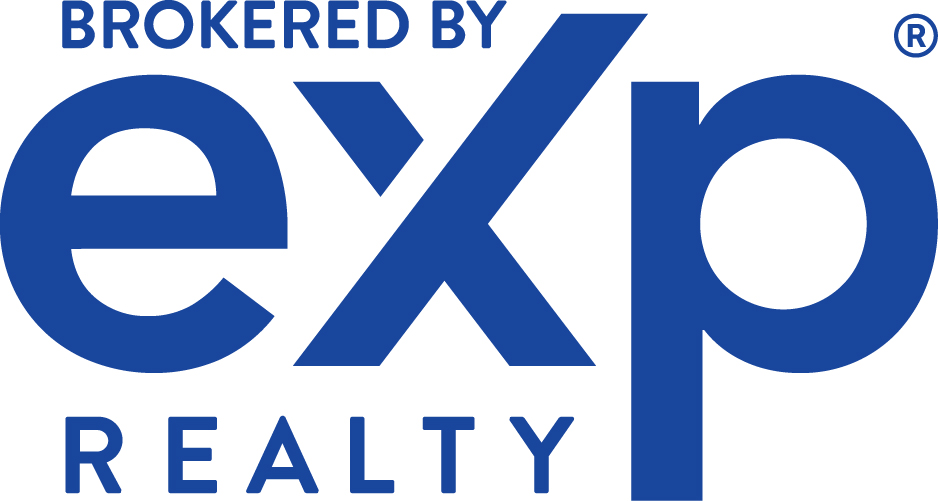Buying your first home is an exciting milestone, but it also comes with significant financial responsibilities. To make the process smoother and set yourself up for success, it’s essential to adopt smart financial habits before you apply for a mortgage. Here are five strategies to help you get ready:
1. Build and Protect Your Credit Score Your credit score plays a crucial role in determining your mortgage eligibility and the interest rate you’ll receive. To improve or maintain a good score:
Pay all your bills on time. Keep credit card balances low (preferably below 30% of your credit limit). Avoid opening new lines of credit close to applying for a mortgage. Regularly check your credit report for errors and dispute any inaccuracies to ensure it reflects your financial health accurately. 2. Save for a Down Payment and Closing Costs Start saving early to cover your down payment and other upfront costs. While many lenders require a 20% down payment, some programs offer options as low as 3%. In addition to the down payment, plan for closing costs, which typically range from 2% to 5% of the home’s purchase price. Setting up a dedicated savings account can help you stay on track.
3. Reduce Debt and Manage Spending Lenders will evaluate your debt-to-income (DTI) ratio to ensure you can handle mortgage payments alongside other financial obligations. To improve your DTI:
Pay down high-interest debt, such as credit cards or personal loans. Avoid taking on new debt, like car loans, before applying for a mortgage. Create a budget to monitor your spending and prioritize savings. Reducing debt not only strengthens your financial profile but also frees up more income for homeownership expenses. 4. Establish a Stable Income and Employment History Lenders prefer borrowers with consistent and reliable income. If possible, avoid job-hopping or making significant career changes in the months leading up to your mortgage application. Maintain steady employment and keep records of your income, including pay stubs, tax returns, and W-2s, to demonstrate your financial stability.
5. Educate Yourself About Mortgage Options Understanding the different types of mortgages available can help you choose the best option for your financial situation. Research fixed-rate vs. adjustable-rate mortgages, loan terms, and government-backed programs like FHA or VA loans. Consulting with a mortgage advisor or attending first-time homebuyer workshops can also provide valuable insights.
Final Thoughts Preparing for your first mortgage is about more than just saving money; it’s about building a solid financial foundation. By adopting these smart habits, you’ll increase your chances of securing favorable terms and enjoying a stress-free homebuying experience. Start early, stay disciplined, and you’ll be ready to take this important step toward homeownership.
1. Build and Protect Your Credit Score Your credit score plays a crucial role in determining your mortgage eligibility and the interest rate you’ll receive. To improve or maintain a good score:
Pay all your bills on time. Keep credit card balances low (preferably below 30% of your credit limit). Avoid opening new lines of credit close to applying for a mortgage. Regularly check your credit report for errors and dispute any inaccuracies to ensure it reflects your financial health accurately. 2. Save for a Down Payment and Closing Costs Start saving early to cover your down payment and other upfront costs. While many lenders require a 20% down payment, some programs offer options as low as 3%. In addition to the down payment, plan for closing costs, which typically range from 2% to 5% of the home’s purchase price. Setting up a dedicated savings account can help you stay on track.
3. Reduce Debt and Manage Spending Lenders will evaluate your debt-to-income (DTI) ratio to ensure you can handle mortgage payments alongside other financial obligations. To improve your DTI:
Pay down high-interest debt, such as credit cards or personal loans. Avoid taking on new debt, like car loans, before applying for a mortgage. Create a budget to monitor your spending and prioritize savings. Reducing debt not only strengthens your financial profile but also frees up more income for homeownership expenses. 4. Establish a Stable Income and Employment History Lenders prefer borrowers with consistent and reliable income. If possible, avoid job-hopping or making significant career changes in the months leading up to your mortgage application. Maintain steady employment and keep records of your income, including pay stubs, tax returns, and W-2s, to demonstrate your financial stability.
5. Educate Yourself About Mortgage Options Understanding the different types of mortgages available can help you choose the best option for your financial situation. Research fixed-rate vs. adjustable-rate mortgages, loan terms, and government-backed programs like FHA or VA loans. Consulting with a mortgage advisor or attending first-time homebuyer workshops can also provide valuable insights.
Final Thoughts Preparing for your first mortgage is about more than just saving money; it’s about building a solid financial foundation. By adopting these smart habits, you’ll increase your chances of securing favorable terms and enjoying a stress-free homebuying experience. Start early, stay disciplined, and you’ll be ready to take this important step toward homeownership.

